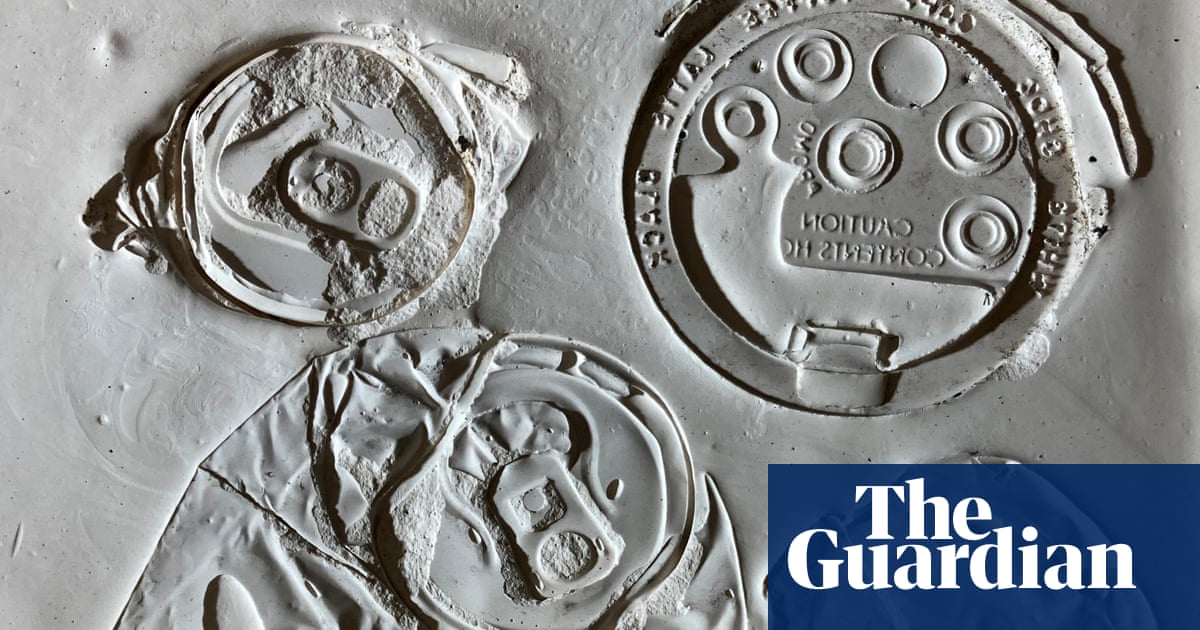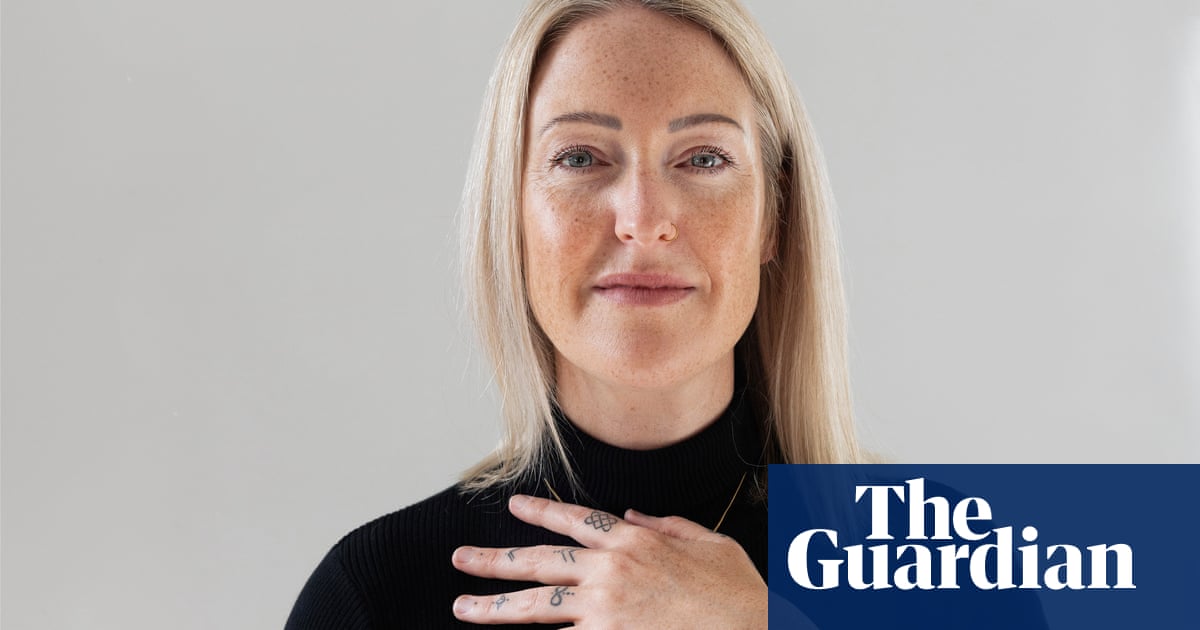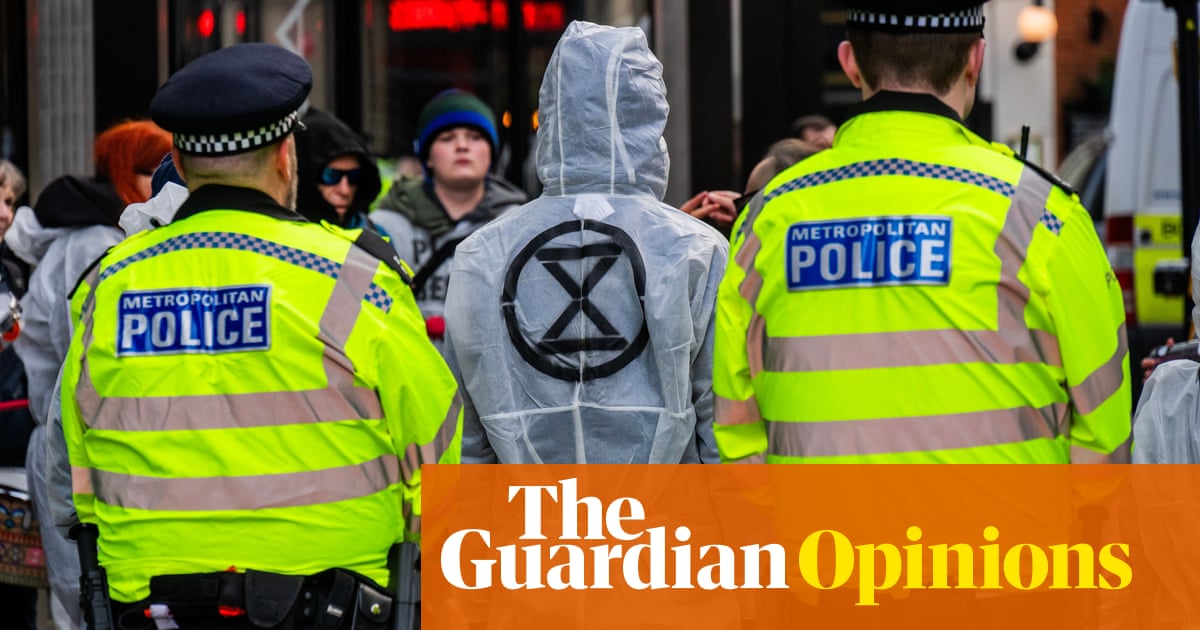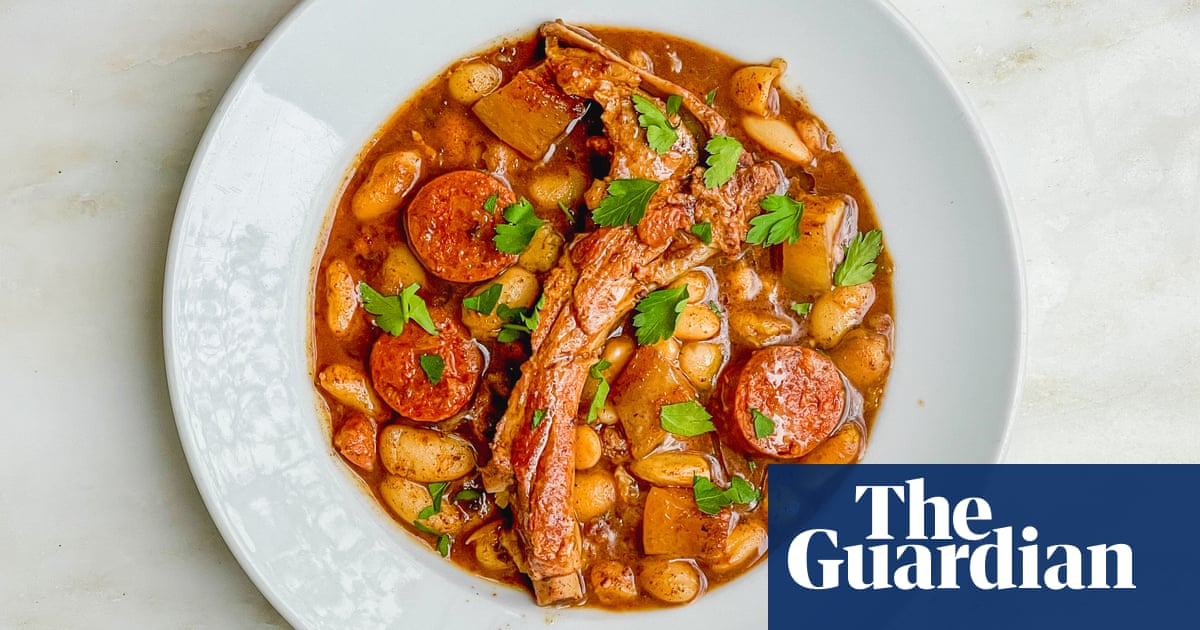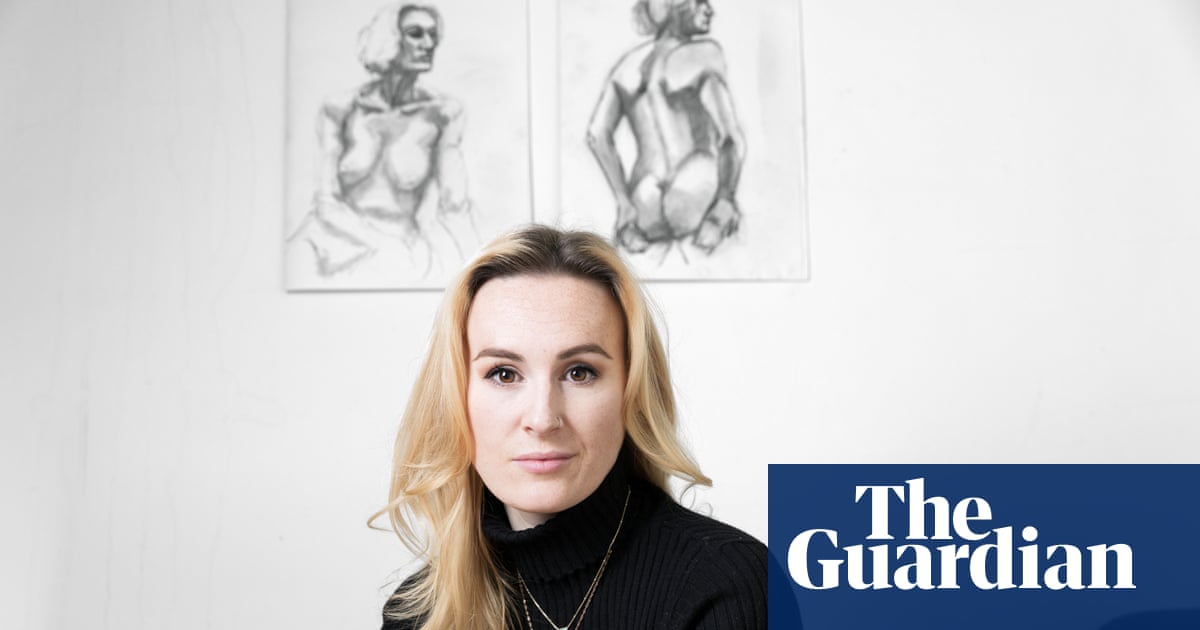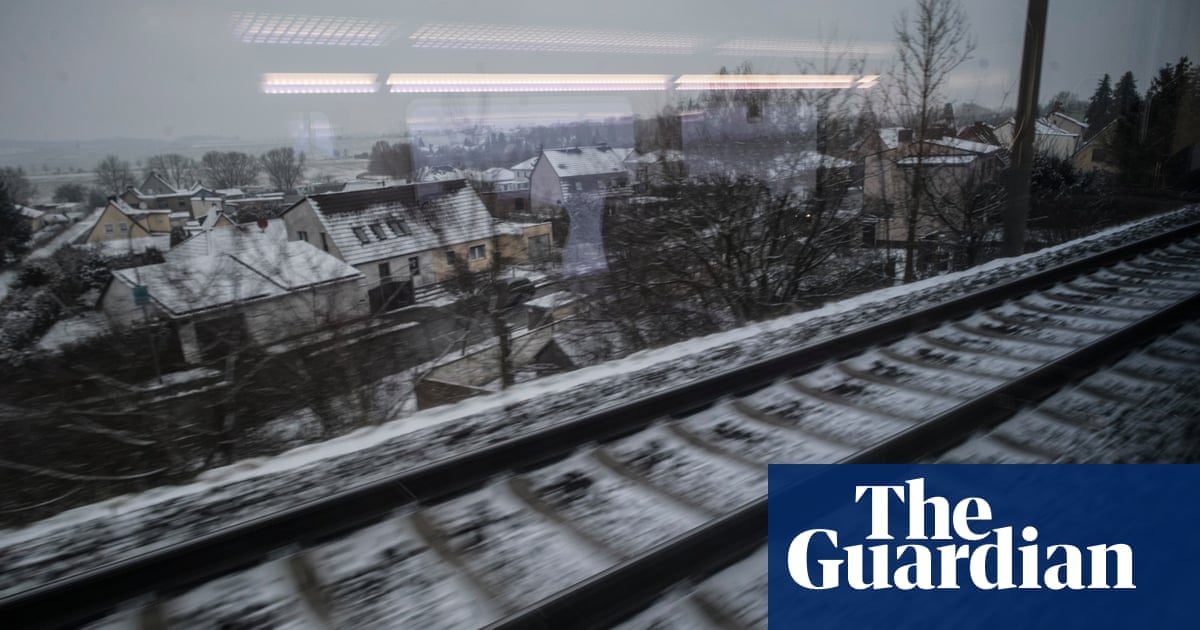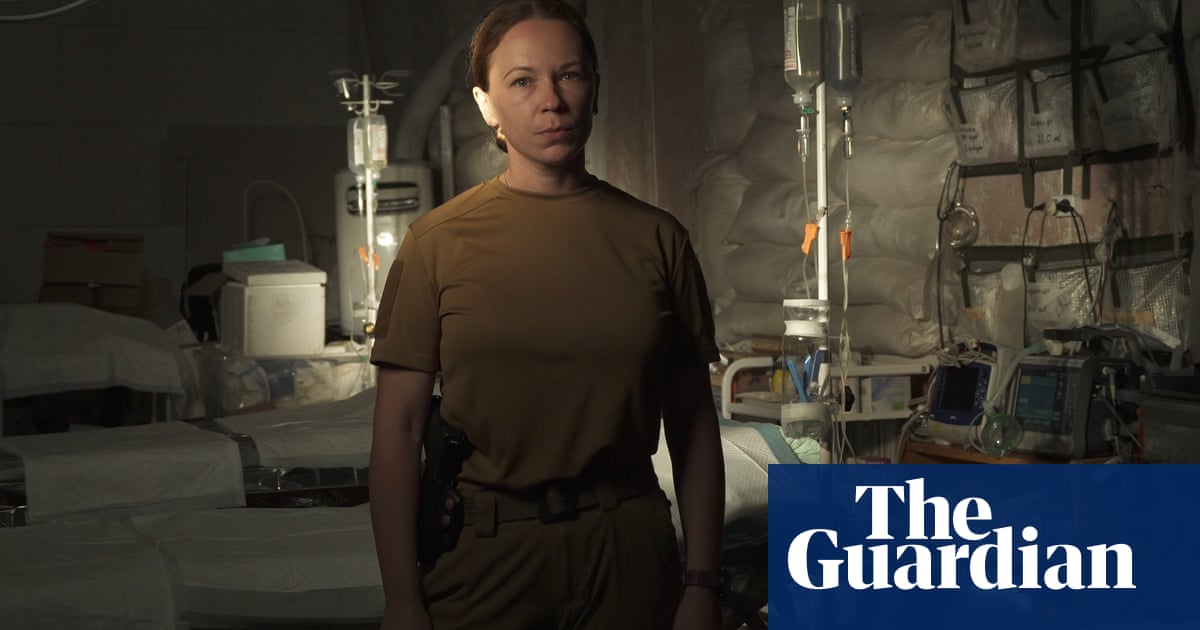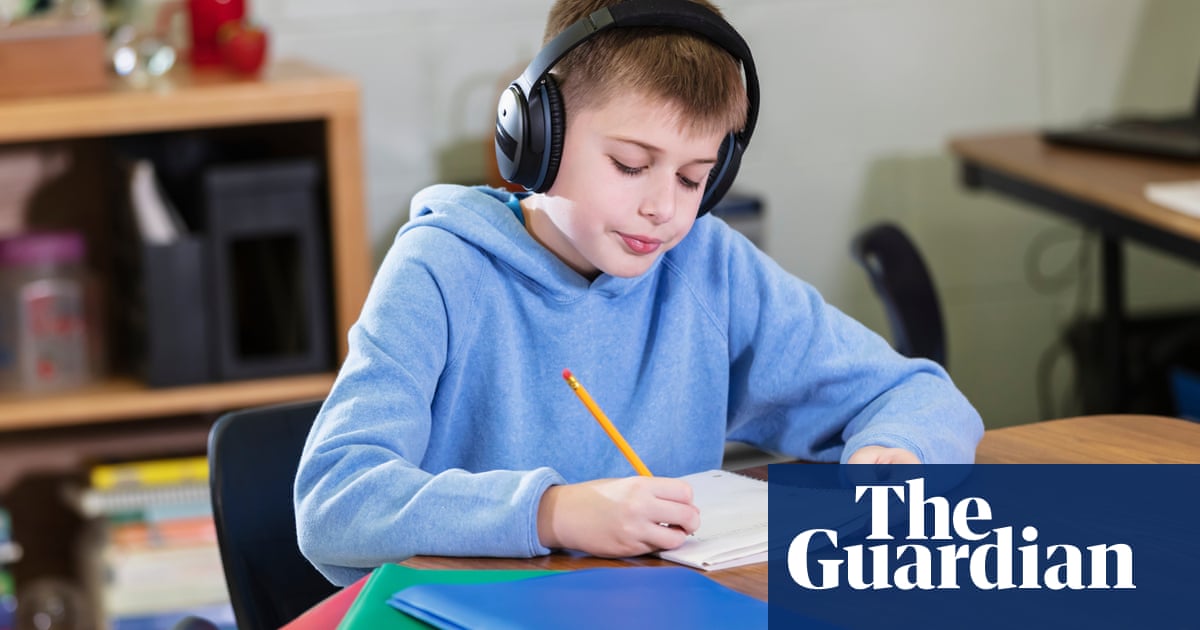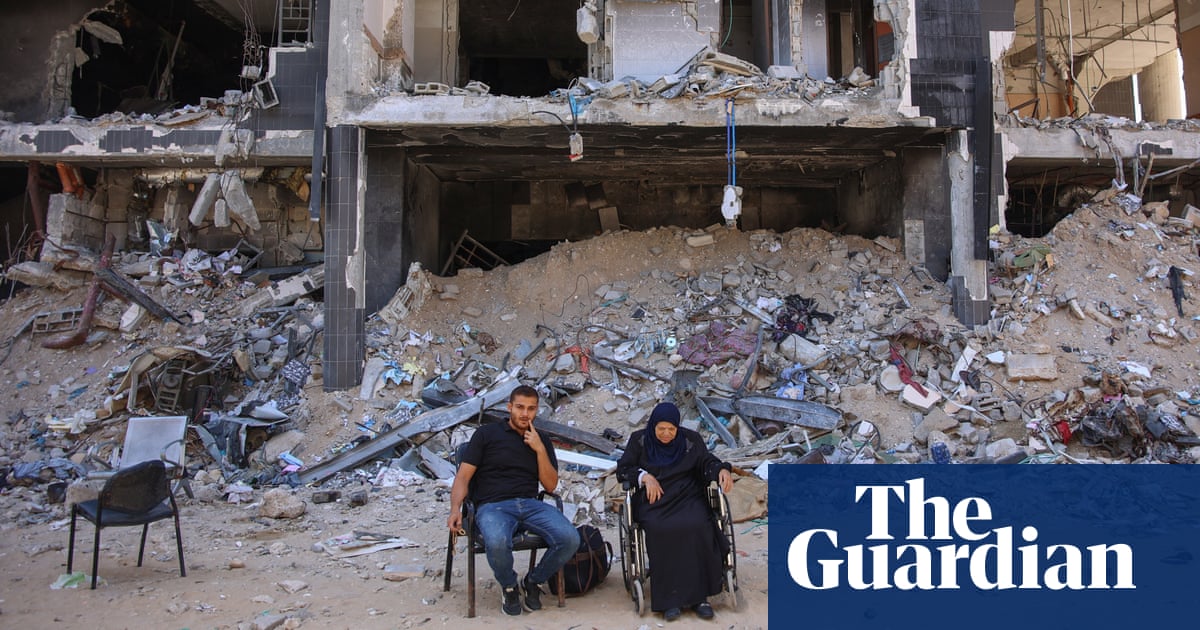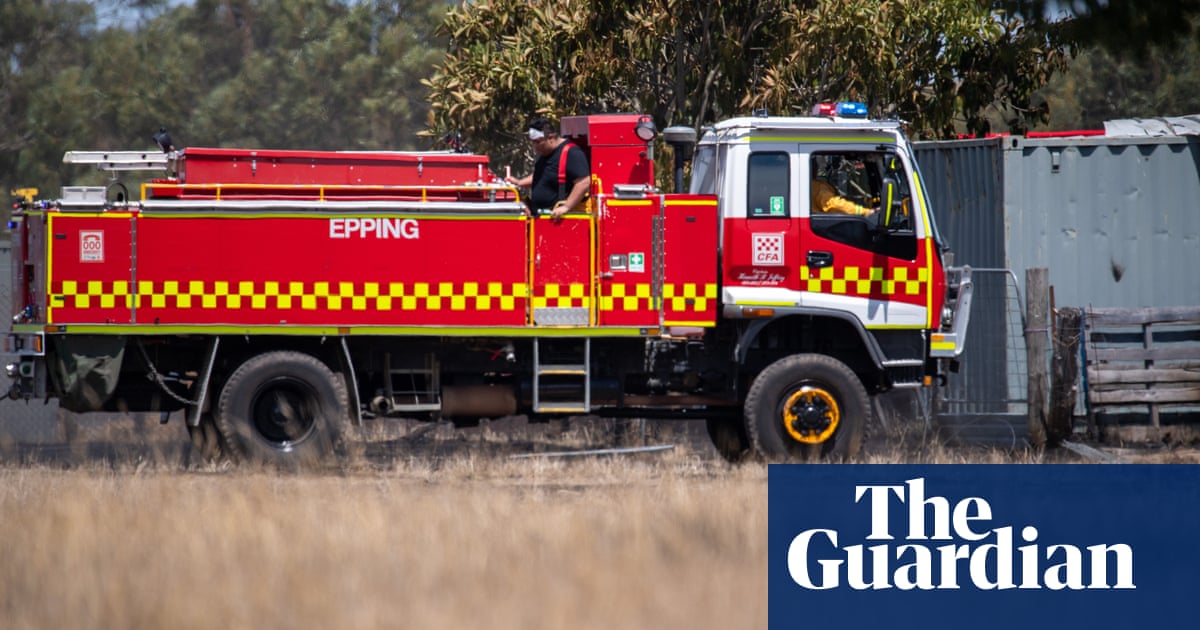-
Location Sitio Gipit, Philippines
-
Disaster Typhoon Carina, 2024
Leoncia Ibanez lived in Sitio Gipit, a small settlement on the outskirts of Antipolo. In August 2024, Super Typhoon Carina, also called Gaemi, hit the Philippines; combined with monsoon rains, it caused widespread flooding. The torrential rain and high winds were made worse by the climate crisis, which is also making such tropical storms more common.
We were shocked by how quickly the water rose and the strong currents. We didn’t know where to go, and so we ended up in the water. The Lord was our only hope. The house we lived in was completely washed away.

My children panicked, and I didn’t know what to save first. All our belongings were submerged, and everything we invested in was washed away because the water came so suddenly. Neither of my children knew how to swim, and the water was over our heads, so I prioritised saving them. I let go of our belongings, but I saved our lives. One child almost lost his life, but thank God we survived.
Our house had a lot of trees around it, so we climbed up a tree to survive, using a rope to secure ourselves. The water kept rising until it reached my feet. The water was so deep [but] the Lord took care of us.
My children were crying and there were lots of logs and wood hitting us. I closed my eyes until I passed out. At least my family is whole.
When the water subsided, I saw that our house was gone. Only the toilet bowl was left. We had nothing left. My daughter and I both had big wounds, and the Red Cross gave us medicine. My children are still traumatised and recovering, and my husband still has some pain in his side from being hit by a log. But at least we’re together.
Starting over was so difficult. I didn’t know where to begin. Our livelihood was destroyed, and our two motorbikes were damaged, which were our main source of income.
We used to sell fish balls and street food. That’s how we earned money for our daily needs, including my two children’s schooling. But the floods washed everything away.
About the series
This is climate breakdown was put together in collaboration with the Climate Disaster Project at University of Victoria, Canada, and the International Red Cross. Read more.
Production team
We managed to save one motorbike, and we’re still trying to repair it, but we lost the other one. We’re in a difficult situation and don’t know where we’ll get money for food. There’s so much that needs to be fixed and it’s expensive.
We don’t have a house yet; ours is still stuck in the trees. We don’t know what the government’s plan is for us. There were 14 families here, and the flood swept us away. We were forced to evacuate to a school in Marcelino, but classes had already started, so we had to leave and move into a shelter.
We’re still living there temporarily. That’s our current situation. The Red Cross gave us sleeping mats, which we placed on some wood to sleep on. We had nothing left, not even one thing.
We haven’t been able to restart our livelihood yet. We still don’t have an income. We collect scraps, metal, and galvanised iron sheets that can’t be used any more, and we sell them at the junk shop to get some money. We’re spending most of our money on water. That’s how we’re surviving. We don’t buy much, just sardines and vegetables. We’ve also received food donations from kind people.

I hope for a better life for my children in the future. We’re old already, and I hope we can still take care of them and provide a better future for them. But I’m afraid that this could happen again, and I don’t want it to. It makes me really nervous.
I can’t see much hope right now. We’re just relying on the Lord. I tell my children to study hard for their future, because we don’t know what the government or anyone will do to help us. We don’t know how we’ll survive or start again. We don’t know where to begin.
For me, this situation shows who your real friends are and who’s willing to help from the heart. I’m thankful to my neighbours and many others in our barangay [district] who didn’t abandon us. No matter the situation, we survived, and I’ll never forget this experience. Now, we are doing our best to keep our family together.
This interview was facilitated by the International Federation of Red Cross and Red Crescent Societies
-
Design and development by Harry Fischer and Pip Lev

 3 months ago
57
3 months ago
57




